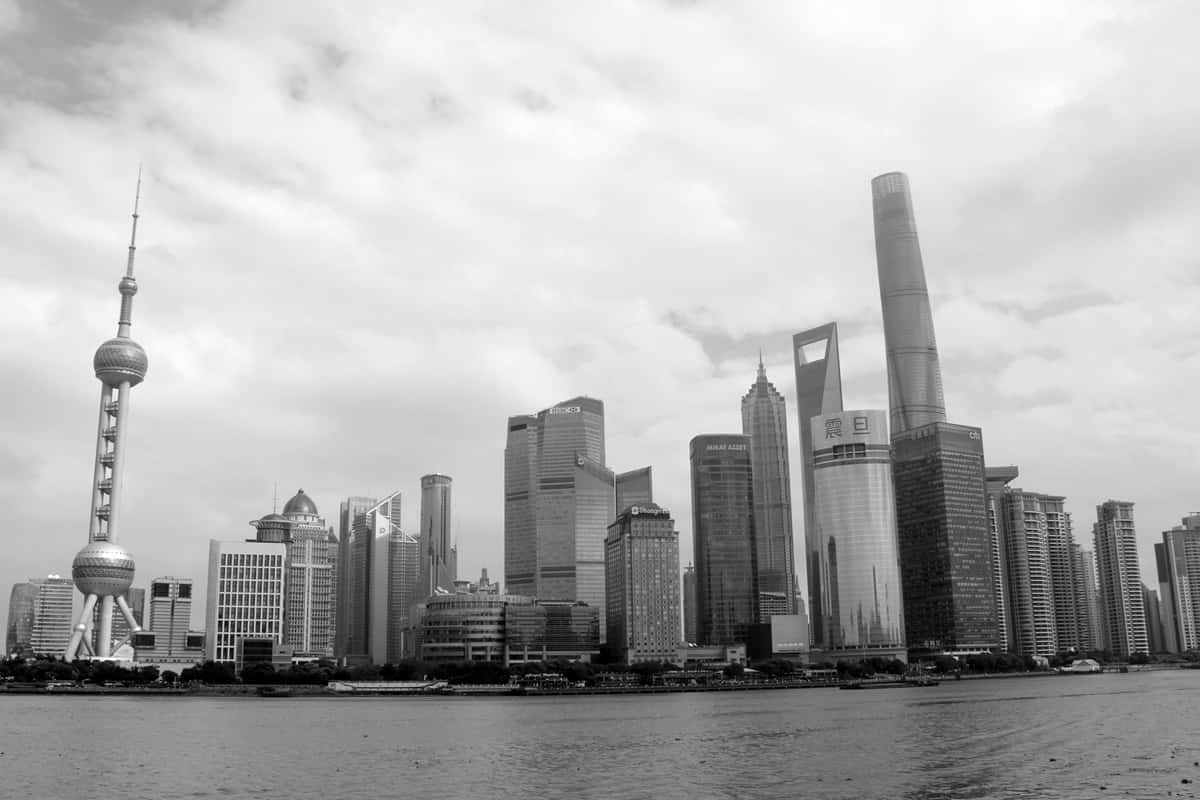Currently, China, which is the second economy in the world, is making active efforts to attract foreign investment and is striving to ensure that companies from other countries do business in this Asian state.

Nowadays, investing in the Chinese economy as a process demonstrates its worst dynamic over the past 25 years. The index of foreign direct investment in this country decreased for the first time since 1998. According to experts, the negative dynamic of the mentioned indicator is evidence that the outflow of capital from the world’s second economy continues, and Beijing has not yet managed to change the vector of this movement or at least restrain its pace.
China’s foreign direct investment commitments in the third quarter of this year amounted to minus $11.8 billion. The relevant information was published by the State Administration of Foreign Exchange at the end of last week. In the third quarter of last year, China’s direct investment commitments were fixed at $14.1 billion. In 2023, the situation has changed dramatically.
Refinitiv Eikon data indicate that the indicator of direct investment obligations has turned negative for the first time in 25 years. According to experts, the current trend may signal that companies from other countries are withdrawing their money from China, refusing to reinvest funds in their activities.
Direct investment obligations are an indicator that includes profits owned by firms from other States that have not yet been repatriated or distributed to shareholders. Also, this indicator implies foreign monetary injections into financial institutions.
According to the Ministry of Commerce of China, the volume of foreign direct investment in the local economy as of the end of September decreased by 8.4% year-on-year. A month earlier, the rate of negative dynamics was recorded at 5.1% compared to a year ago.
Experts note that one of the factors of the current state of affairs is geopolitical tension, which continues to worsen and does not show signs of rapid stabilization. At the same time, in this case, the behavior of foreign investors is influenced by concerns about the risks that they will be detained in China or the local authorities will decide to conduct an audit of their activities, as a result of which certain charges are likely to be brought, not in all cases based on a sufficient basis of substantiated evidence.
The termination of activities in this country was announced by the investment company Vanguard, based in the United States and managing assets worth $7.2 trillion. BlackRock, another American investment firm, has informed the media of its intention to close its office in Shanghai after December 2023. This company manages assets worth $8.5 trillion.
Vanguard confirmed to reporters that agreements on termination of the employment contract were signed with the 10 remaining employees in Shanghai. The company also announced its intention to focus on global business in the regions as part of a strategy to promote its investment products and services.
At the same time, Beijing is trying to stop the outflow of foreign capital and change the vector of this movement in its favor. But so far, investors, judging by these facts and data, have not seen any kind of signals in the actions of the Chinese authorities that they should continue their activities in this country.
The China International Import Exhibition, an annual event organized by President Xi Jinping in 2018 to present the country as an open market and improve its trade relations, started on Sunday, November 5. The Chamber of Commerce of the European Union in China criticized this exhibition. This organization stated that the mentioned event is an exclusively symbolic gesture that does not compensate for the lack of results necessary to restore business confidence.
The EU Chamber of Commerce in China also noted that European business is disappointed in the realities that currently shape the content of the economic situation in the Asian country. Carlo D’Andrea, vice president of the organization, said that the exhibition was initially positioned as a demonstration of Beijing’s openness and reform program, but in fact, this event in the sense of symbolic comparison turned out to be mostly smoke and mirrors.
The efforts of the Chinese authorities to accelerate the growth of the country’s economy have not yet brought results. At the end of October, it was decided to issue sovereign bonds worth 1 trillion yuan ($137 billion) to support the economic system. These bonds will be used primarily to finance infrastructure projects. The Sovereign Wealth Fund also bought shares in October to support China’s stock market, which is in a state of decline.
In September, the government relaxed capital controls in Beijing and Shanghai. This decision allowed foreigners to transfer their money to and from an Asian country.
In October, the People’s Bank of China held meetings with Western companies, including JPMorgan, Tesla, and HSBC. The media reports that during these meetings, Chinese functionaries promised foreigners to increase the level of openness of the financial industry and optimize the operating environment for foreign firms.
At the same time, analysts note that global investors are still afraid of the attention of the authorities of this country to Western companies and the structural decline. In September, the American Chamber of Commerce in Shanghai conducted a survey, which found that only 52% of respondents were optimistic about the prospects of doing business in China over the next five years. This is the lowest level of confidence in the future since the beginning of such studies in 1999. In 2022, the mentioned indicator was equal to 55%. In 2021, 78% of respondents had a positive outlook on the future of their business in China.
As we have reported earlier, China’s Factory Activity Declines.









